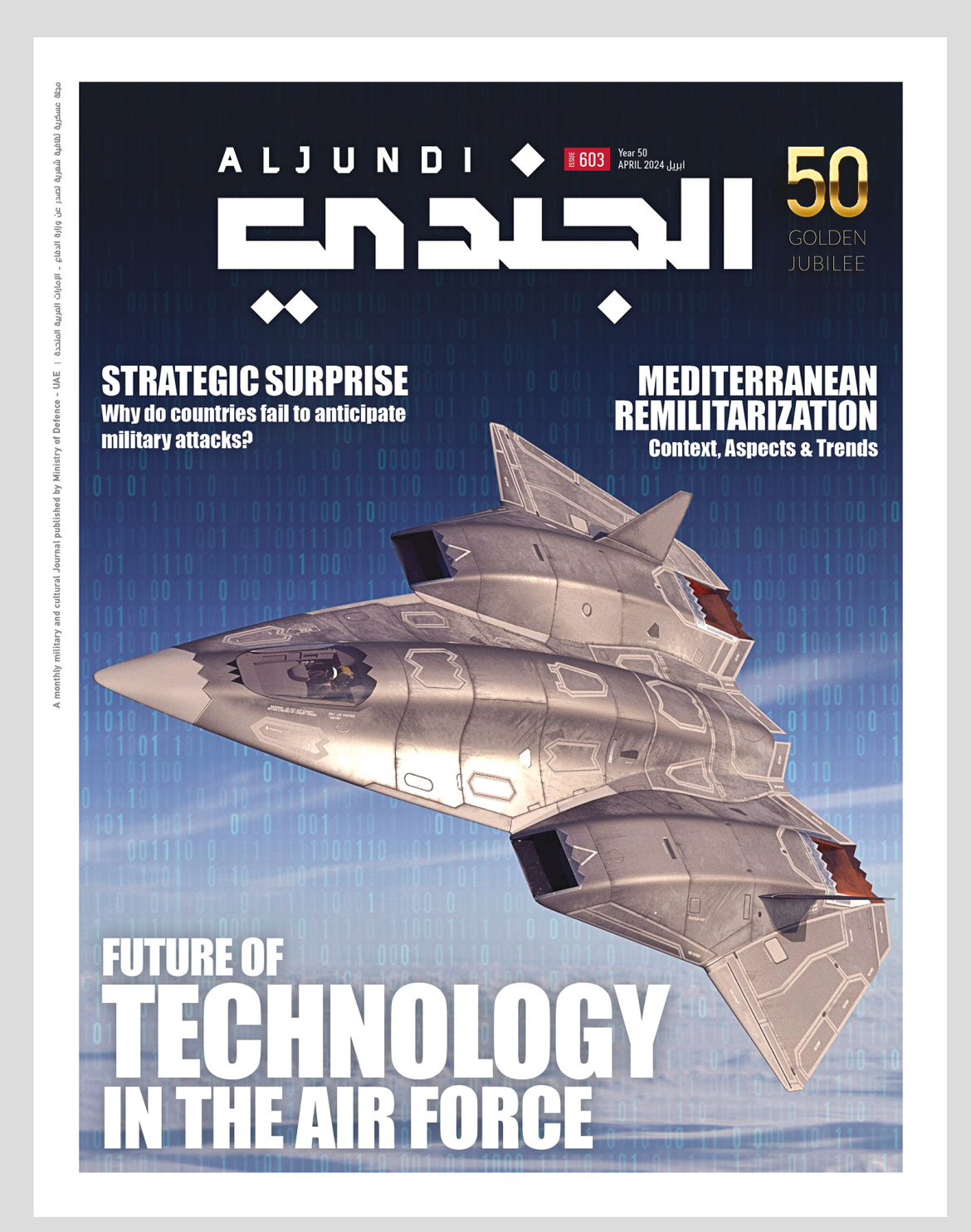The global financial crisis of 2008 produced a set of changes that participated in reshaping the balance of power in the region, formed the features of the new international order, and made birth of multipolarity. Economically rising China became a threat to the American position in the world leadership. The American strategy, approved during the era of President Barack Obama to turn towards East Asia, was but an expression of the importance of this region and its place in the balances of the new international order.
During the Cold War, and after the fall of the Soviet Union, military force remained the cornerstone of international relations, which gave the United States the ability to monopolize international leadership. The era that followed the fall of the eastern camp led by the Soviet Union became the climax of the military force role, as it was revealed in the American war on terrorism in Afghanistan and the fall of Saddam Hussein’s regime in Iraq. All this enhanced the military force role as one of the most important sources of power and influence in the post-Cold War order, till the global financial crisis in 2008, which reshaped the sources of power and influence in the interest of economic geography, making a state Like China vying for global leadership.
China has succeeded in building its power on the bases of economic geography. The truth is that geopolitics did not occupy an important place in the Chinese strategy for international rise, but the changes witnessed in the reshaping international order towards multipolarity forced China to give importance to the issue of political geography alongside economic geography, in order to remain a difficult figure in the international system in the face of the United States of America. So, China has expanded its strategic relations and partnerships, especially in the Middle East; which is considered the most important factor in the conflicts and competitions over the international arena. Therefore, these Chinese moves have established new rules in the tools of the competitive game based on employing soft power and economy as a basis for building political relations, while marginalizing military force tools, especially since the world is no longer ready to restore the legacy of a unipolar international order.
In light of the Chinese expansion from economic to political geography, China was keen on employing its culture as a basis for building its political movements. “Confucian principles” has occupied an important place in the Chinese political language. The Palestinian-Israeli conflict file is one of the most important files for practicing Confucian politics to achieve peace. This explains the Chinese keenness on submitting this file to the UN Security Council, especially after the recent events in Gaza.







